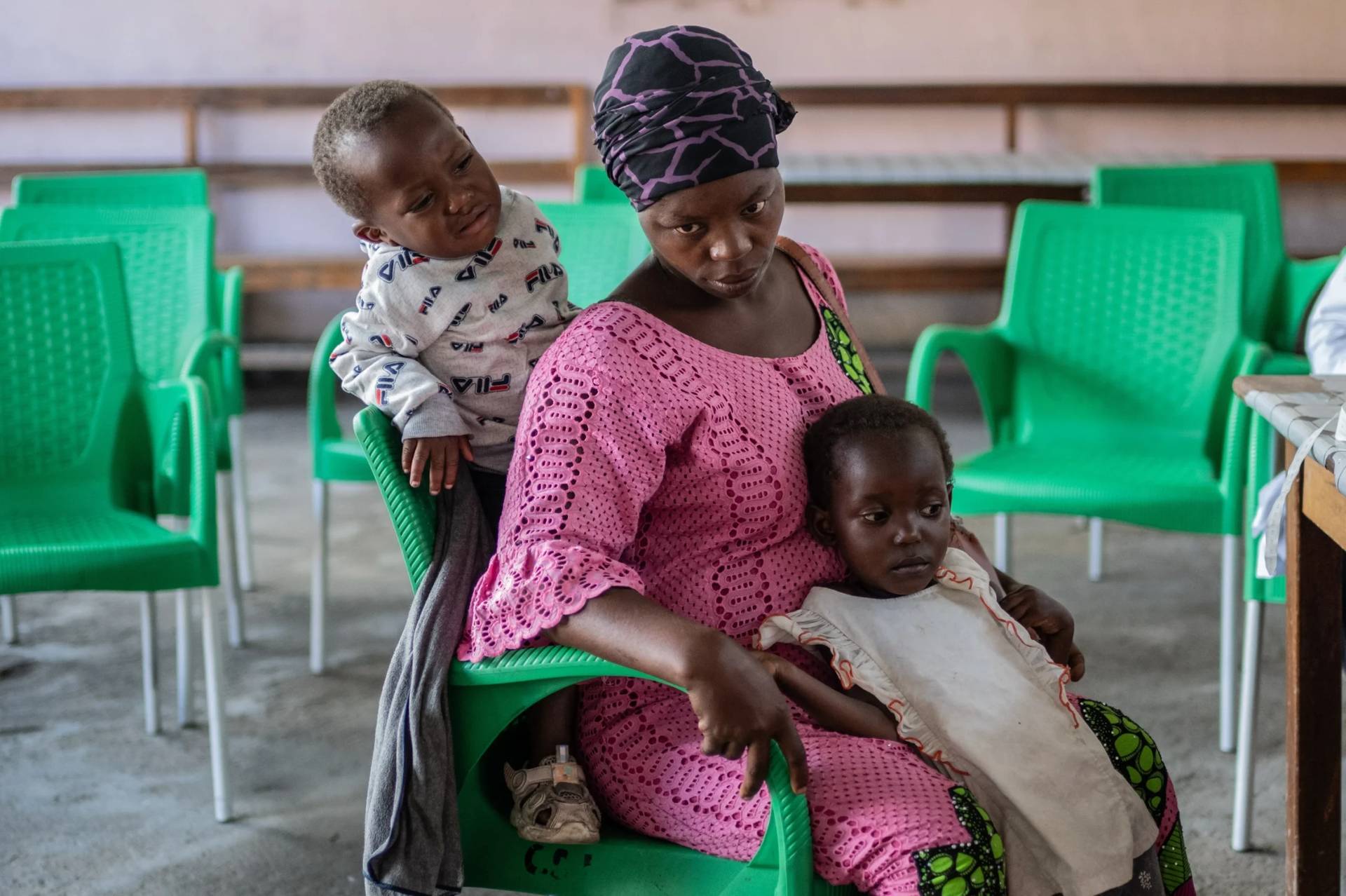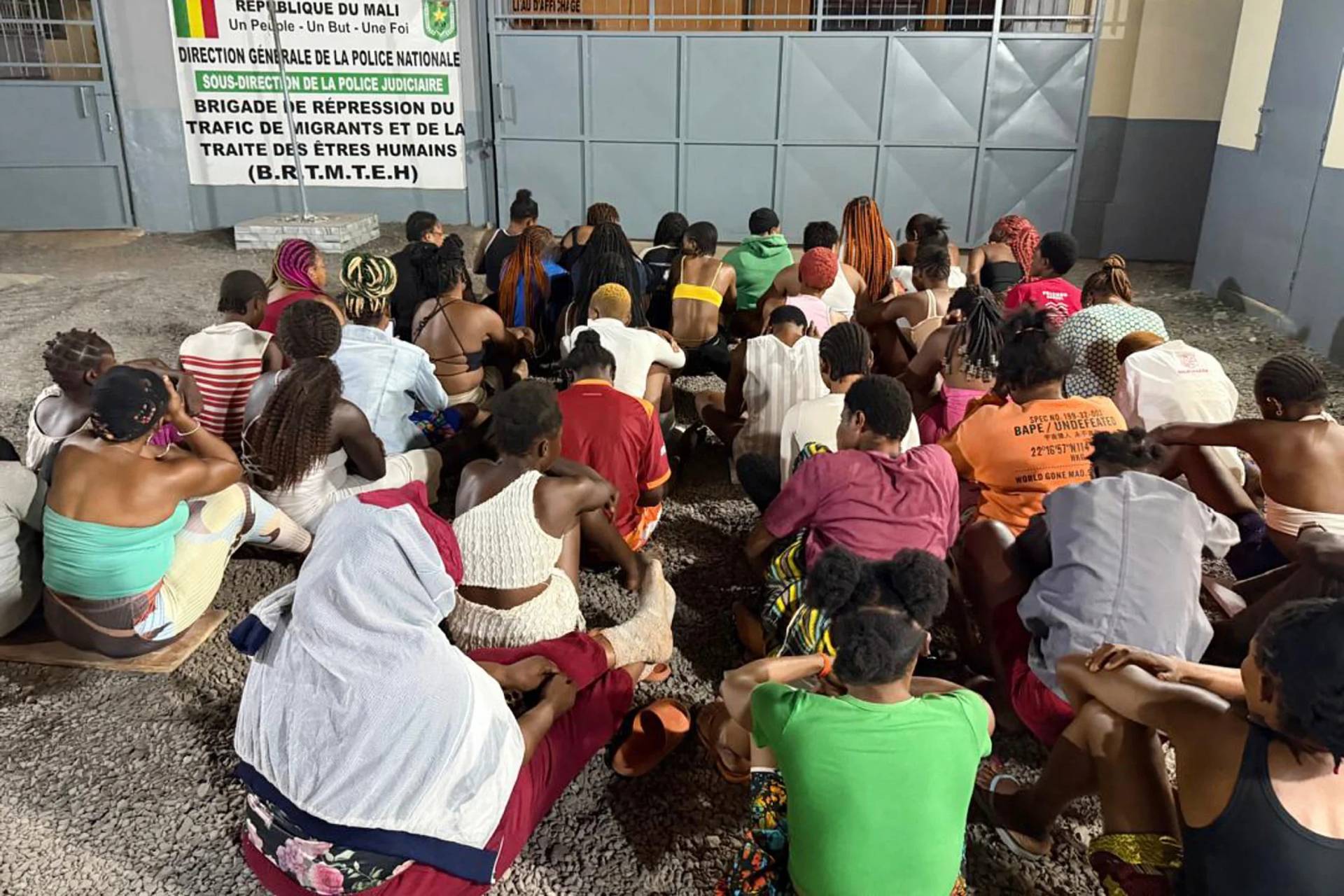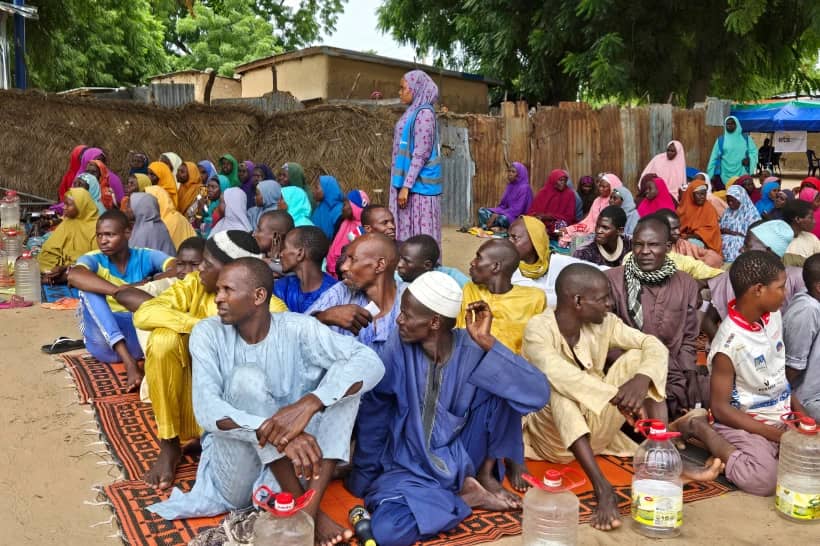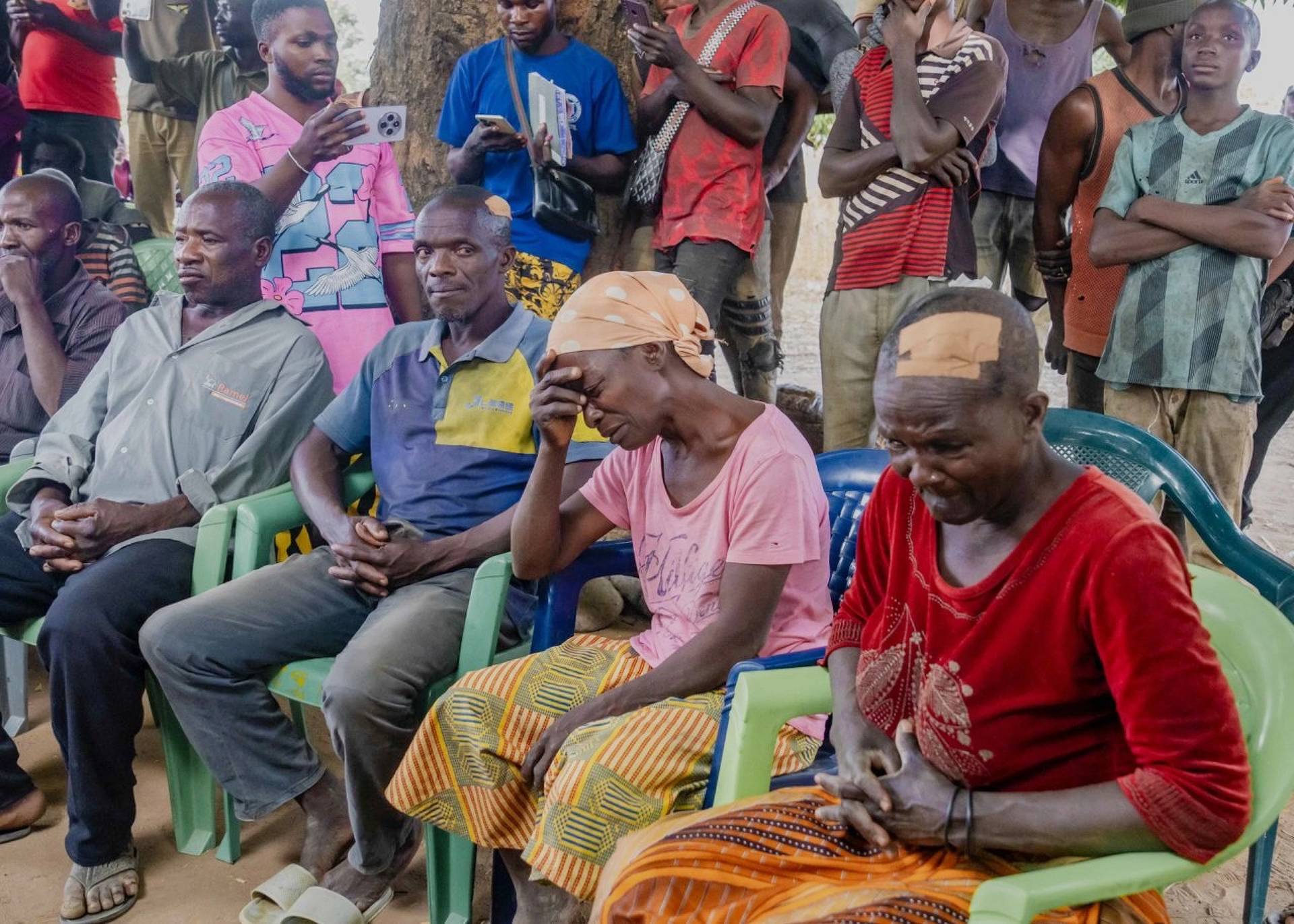YAOUNDÈ, Cameroon – Religious leaders in Ghana, including the Catholic bishops, have issued a strongly worded statement saying the West African nation will not compromise its values to satisfy foreign investors promoting LGBTQI+ rights.
In an Aug. 24 joint statement, members of the three Christian Ecumenical Councils in Ghana, the Ghana Pentecostal and Charismatic Council (GPCC), the Christian Council of Ghana (CCG), and the Ghana Catholic Bishops Conference (GCBC), called on Western countries to “stop the incessant attempts to impose unacceptable foreign cultural values on us.”
They said Ghana is a very tolerant and welcoming nation, but “our tolerance is not unlimited.”
“Just as the U.S. and other so-called developed countries have their cultural values which inform what is acceptable and/or unacceptable within their respective jurisdictions, Ghana, as a sovereign nation, also has cultural and religious values that guide, inform and guarantee the sustenance, harmony and cohesiveness of our communities, and we do not intend to compromise those values for LGBTQI+ investors.”
“We find it very unacceptable that as a sovereign country, such intimidating insinuations are being made by high ranking and respected officials,” the church leaders say, adding that “Christian, Muslim, traditional and other minor religious groups constitute over 95 percent of Ghana’s population.”
“As a people, our cultural values and practices must be respected; we do not want the promotion, advertising, practice and/or imposition of LGBTQI+ behavior and practice in Ghana,” the Church leaders add.
“All these religious groups mentioned stand together in abhorring the despicable lifestyle practices and behaviors of LGBTQI+,” the statement said.
The strong reaction came after the US Ambassador to Ghana warned against passage of what is seen as a draconian anti-LGBTQ+ bill, which, she said, would be inconsistent with the “welcoming, tolerant society” of Ghana.
The “Proper Human Sexual Rights and Ghanaian Family Values” bill, drafted in August 2021, would punish those promoting gay relationships with prison sentences of up to 10 years. Those who identify as lesbian, gay, bisexual, transgender, intersex, queer/questioning, asexual (LGBTQIA+) could also be jailed for three to five years. The bill also seeks to withdraw health services from the gay community, including HIV medication.
US Ambassador to Ghana Virginia Palmer has criticized the bill as discriminatory, and noted that it could potentially drive out investors.
“Ghana is a very welcoming, tolerant society, with lots of interreligious, interethnic harmony, and that is what makes Ghana strong, stable, and attractive for investment,” Palmer said on the sidelines of an August 10-11 U.S.-Ghana Business Expo 2023.
“I hope it stays that way with regards to the LGBT community,” she added.
“If there is discrimination or worse, then that will send a signal to not just LGBT investors but other American investors that Ghana is less welcoming than I am telling people that it is now. So, I hope it will stay welcoming,” Palmer said.
Her comments were taken by many in Ghana as a threat to withdraw U.S. funding, the same way the IMF withdrew investments from Uganda after adoption of its anti-LGBTQ law.
The church leaders have taken exception to such rhetoric, arguing there is nothing discriminatory about the legislation.
“There is nothing discriminatory in the Anti- LGBTQI+ Bill which should scare the well-meaning business investor. Every country is guided by laws and regulations which are in tandem with their cultural values and aspirations,” they said.
“We wish to assure the American ambassador and all others that Ghana will continue to be inclusive. But inclusivity cannot, and should not, be absolute and all-embracing,” they said.
“Indeed, no country or society is absolutely inclusive; there are, and there will always be laws and regulations that define ‘exclusives’ for every society,” the church leaders said in their August 24 statement.
They urged members of parliament to “proceed with speed in undertaking all the necessary actions required to pass the bill into Law.”
Within Ghana itself, some have criticized the legislation as a reversal of human rights. Amanda Odoi, an academic researcher, had earlier filed a lawsuit arguing that the legislation was unconstitutional. She argued that the bill reverses the progress Ghana has made in terms of human rights.
“Rightify Ghana,” a human rights organization, also argues that the bill erodes progress towards fighting HIV and AIDS, and that it undermines the basic rights of the LGBTQ+ community.
But the bill’s main sponsor, legislator Sam Nartey George, pushed back, arguing that “homosexuality is not a human right in Ghana, but a lifestyle choice. A sexual preference.”
The country’s Supreme Court ruled against Odoi’s challenge, arguing that there was no sufficient evidence to back the claim. On July 5, the Ghanaian parliament adopted the motion of the anti-LGBTQIA+ bill following the second reading. It is now going through the final stages of the approval process which is expected to be granted and signed into law.











